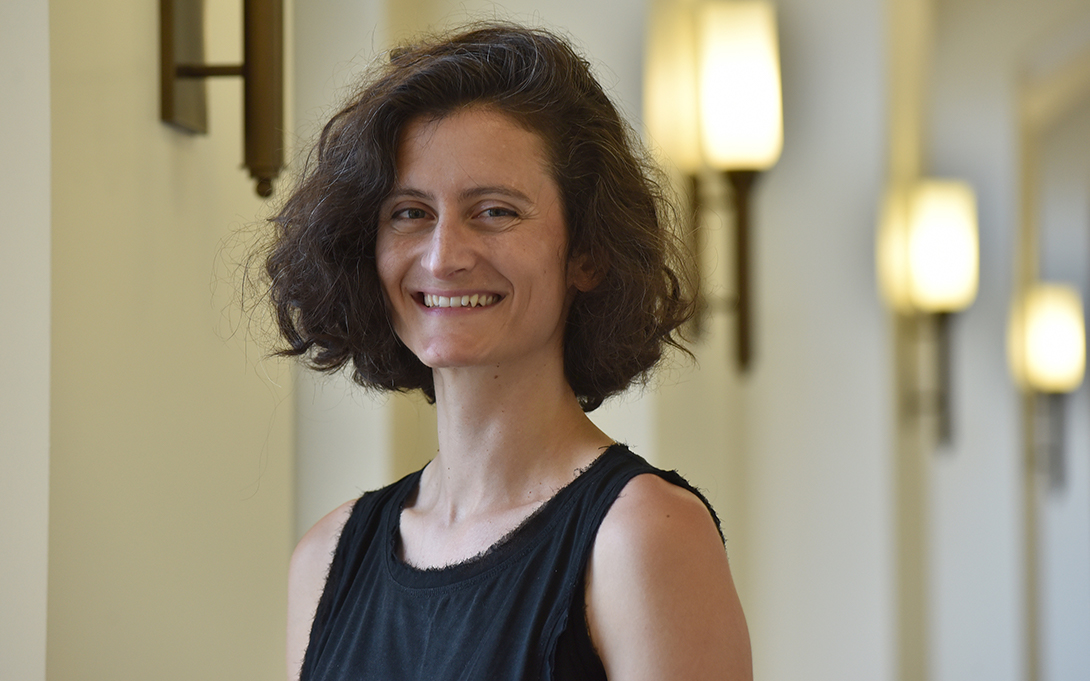
In an updated edition of Political Cleavages and Social Inequalities: A Study of Fifty Democracies, 1948-2020, economists Amory Gethin, Clara Martínez-Toledano, and Thomas Piketty map variations in the determinants of voting to better understand the political processes behind the rise in income inequality. Charlotte Cavaillé, assistant professor of public policy, reviewed the new volume calling it “a refreshing take on an important question, providing new interpretations of well-documented patterns and highlighting less well-known ones.”
Cavaillé notes that by analyzing relationships between socio-economic status and voting status across 50 countries, the volume unearths interesting patterns and connects them to broader research on electoral politics and inequality.
She notes that one important contribution "is that it calls attention to “old” democracies’ particular trajectory."
"While the education reversal is well-known, the relatively stable income gradient is not commonly discussed. This latter finding is a product of the book’s unabashedly materialist lens, which is very much welcomed....This book thus provides additional ammunition for scholars uncomfortable with the “cultural turn” in comparative political behavior or the tendency to pit cultural factors against economic ones."
A second important contribution is the pattern of convergence observed in Western democracies by the authors. "Convergence despite cross-national difference in varieties of capitalism, welfare states and political institutions is worth more attention than it has received until now," Cavaillé observed. She goes on to discuss the "thought-provoking" interpretations by the editors.
You can read the full review on the Books and Ideas website here.
Amory Gethin, Clara Martínez-Toledano, Thomas Piketty, Political Cleavages and Social Inequalities. A Study of Fifty Democracies, 1948–2020, Harvard University press, 2021, 656 p.
